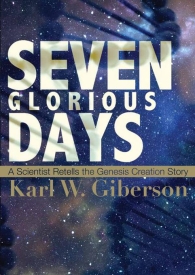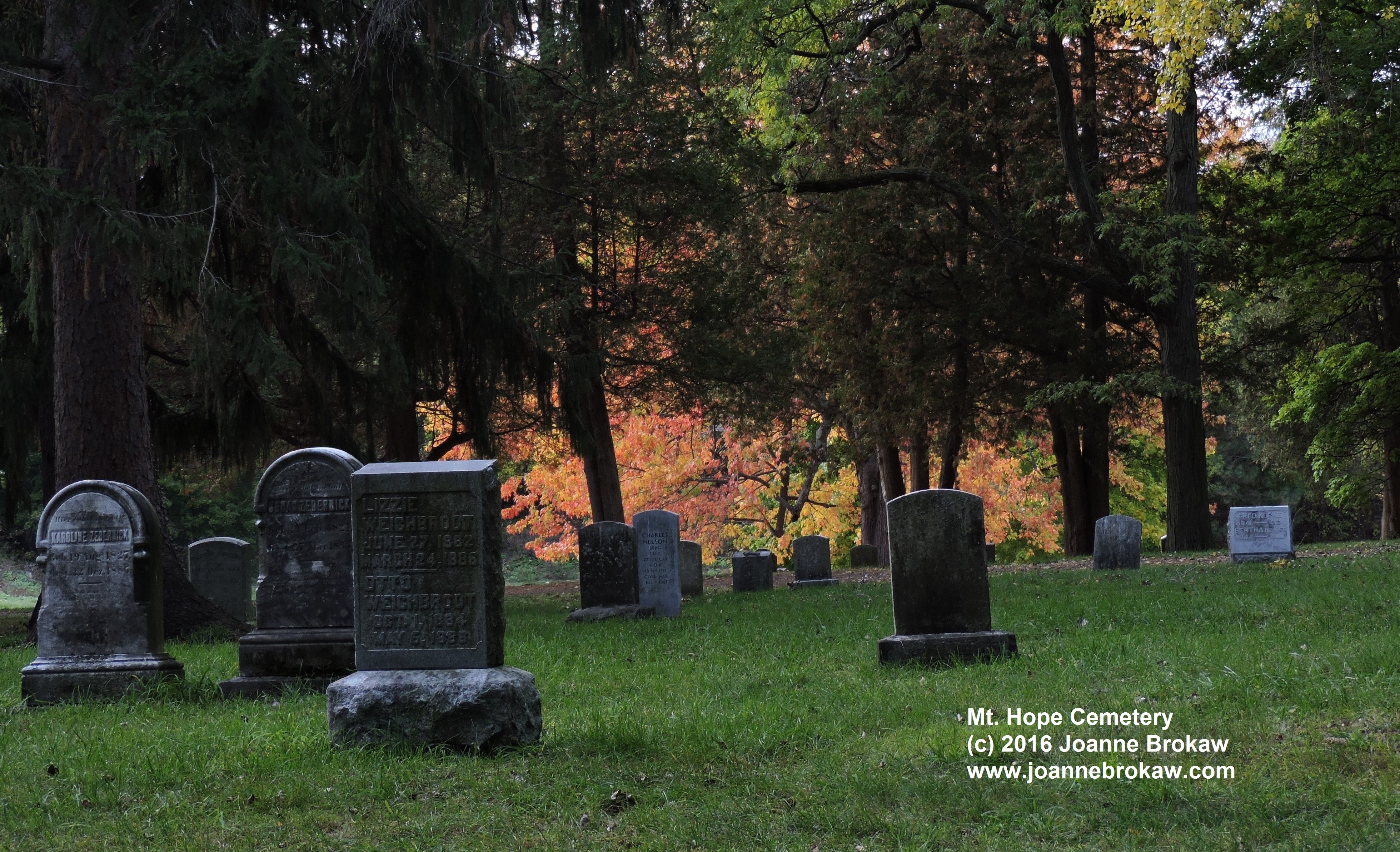 I once had a conversation with a university biology student about the possibility that God created the universe. His premise was that science proved that God couldn’t have created the universe. Going back to the moment of creation, he contended, there was scientific proof of how everything happened. Amino acids and molecules and explosions of compounds and all manner of things a simpleton like me couldn’t understand.
I once had a conversation with a university biology student about the possibility that God created the universe. His premise was that science proved that God couldn’t have created the universe. Going back to the moment of creation, he contended, there was scientific proof of how everything happened. Amino acids and molecules and explosions of compounds and all manner of things a simpleton like me couldn’t understand.
I kept asking “Where did that come from” every time he explained a step in the process. Something can’t some from nothing, I reasoned, so even the elements that caused the big bang had to come from somewhere. I wanted to know where.
But he didn’t really have an answer. In fact, he admitted that science can explain everything backwards until just milliseconds before the big bang. I marveled at the wonder of creation and the possibilities of the universe. He just seemed pissed off that I wanted an explanation for one tiny millisecond when he’d explained away billions of years.
That was years ago but I’ve never forgotten the conversation. And I had it in mind when I read the book “Seven Glorious Days: A Scientist Retells the Genesis Creation Story”, in which author Karl W Giberson lays out the seven days of creation using scientific explanations. It’s both scientifically intriguing and spiritually inspiring. Giberson writes:
“The universe begins with a mystery called, for lack of a better term – and there was once a contest to find a better term – the big bang. The moment of the big bang remains, after decades of exploration and theorizing, tantalizingly beyond the grasp of our science. We cannot observe it directly, and even our theories can only take us close to that moment but stop short, like Moses looking into the Promised Land but not being allowed to enter. Even our simulations of the early universe in high energy laboratory settings can’t get us back to that point. What we can do, though, is see what emerges from the big bang, and our simulations and theories start working amazingly well just a fraction of a second after that mysterious and inaccessible moment of creation.”
In other words: we only know what we know, and we don’t even know what we don’t know.
I heard an astrophysicist talking on a radio show not long ago, and he threw out a comment about how we can only observe something like 30% of the known universe, because the vast majority of we know exists isn’t even something we can observe. And that doesn’t even begin to explain what we don’t know is out there in space.
Infinity.
I’ve never understood how Christians put science on the opposite side of the God debate. The more science discovers, the more God is at the center. So why not allow science to take us as far back to creation as possible and explain every step of the way? No matter how much they’d like to insist, even the best scientist has no better explanation for the moment of creation than “something happened”. How can anyone rule out the possibility that the “something” that happened was an infinite Creator speaking? Because in the absence hard facts to the contrary, anything is possible, right?
And let’s face it: no matter how far back you explain there will always be one more thing left to explore, because you can’t get something from nothing. I know, I sound like the child asking, “Why” but really, isn’t that what science does? Why can’t we be open to the possibility that the answer to “Why” is an infinite God?
I also like how Giberson offers a scientific fact for how we are tied together infinitely in time:
“Atoms are endlessly recycled, for they can be used again and again with no deterioration of any sort. A hydrogen atom freely floating in space ten billion years ago can journey to earth on the asteroid that drove the dinosaurs to extinction seventy million years ago. The same atom can be part of Moses’ physical makeup. It can be on the vinegar offered to Jesus on the cross and in the rain that fell during the Crusades. Today it can be in a cloud overhead, and tomorrow it can be in a child’s squirt gun.”
Infinity.
Science. Faith. How, exactly, are they not compatible?











